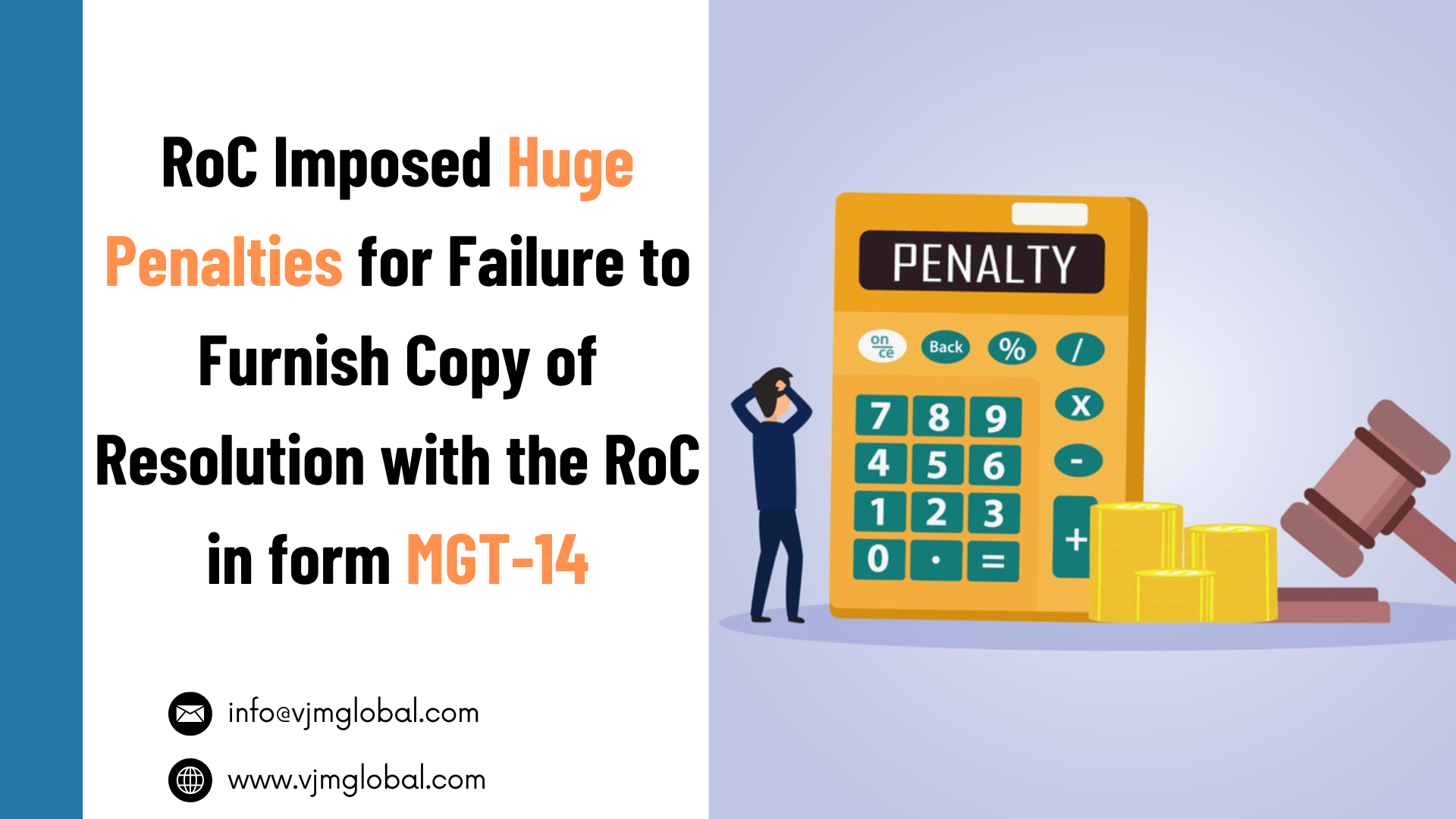Let’s talk about a company, what do you think when you heard the word company, companionship, or maybe fellowship, maybe you are right, but if we talk about the company as a commercial business the word Company is altogether having a different meaning. Also, there are different type of companies in India.
The word Company becomes a Separate Legal Entity, in other words it becomes a non living person. Company can be defined as “Company means a Legal Entity which was formed or incorporated under Companies Act 2013 or under any previous company law.” There are several types of companies in India.
What is the different type of companies in India?
If we come up to type of companies in India, it can be differentiated majorly into the following type of companies in India:-
- Private Companies (As per section 2(68) of the Companies Act, 2013).
- Public Companies (As per section 2(71) of the Companies Act, 2013).
- Limited Liabilities Partnership
- Small Companies (As per section 2(85) of the Companies Act, 2013).; and
- One Person Companies (As per section 2(62) of the Companies Act, 2013). (Which can only be formed as Private Limited).
After knowing types of companies, you’ll must be thinking about how many persons are required to formed a company?. If yes, than here the answer;
To understand the requirements of the persons to formed a Company, we have to go through a section named section 3(2) of the Companies Act 2013, which can be read as, two or more persons are required to form a Private Company, and if talk about public limited company we’ll gonna required seven or more persons, but if we talk about One person Company, as the name suggest only a one person is required to form a Company.
Now we can again classify them on different parameters, such as based on Incorporation, Liability and Forms of Companies. Let’s talk about in little detail;
1. Classification based on Incorporation
Companies can be formed or incorporated in two ways, such as;
- Statutory Companies, which can be formed or incorporate by Special Act. In other words they will not fall under any provisions of Companies Act, 2013.
- Registered Companies: The Companies which can be formed or incorporated under Companies Act 2013 or under any previous company law.”
2. Classification based on Liability
If we talk about Liability, there are three types of Companies; such as;
- Unlimited Liability Companies: As per section 2(92) of the Companies Act, 2013, under this types of companies, members liability is unlimited.
- Company Limited by guarantee: As per section 2(21) of the Companies Act, 2013, under this type of companies, members liability is limited upto guarantee given by the guarantors.
- Company Limited by Shares: As per section 2(22) of the Companies Act, 2013, under this type of Companies, members liability is limited upto the value of share. For eg:- If a shareholder paid 75 on share as paid up value and face value of share is 100, than his liability is upto balance 25 only.
3. Classification based on other forms of companies
If we talk about forms of companies, there can be different types of companies, such as;
- Companies with Charitable Objects as per Section 8 of Companies Act, 2013.
- Government Companies as per Section 2(45) of Companies Act, 2013.
- Foreign Companies as per Section 2(42) of Companies Act, 2013.
- Holding Companies as per Section 2(46) of Companies Act, 2013.
- Subsidiary Companies as per Section 2(87) of Companies Act, 2013.
- Associate Companies as per Section 2(6) of Companies Act, 2013.
- Investment Companies as per Section 186 of Companies Act, 2013.
- Producer Companies as per Section 465(1) of Companies Act, 2013
- Dormant Companies as per Section 455(1) of Companies Act, 2013.













